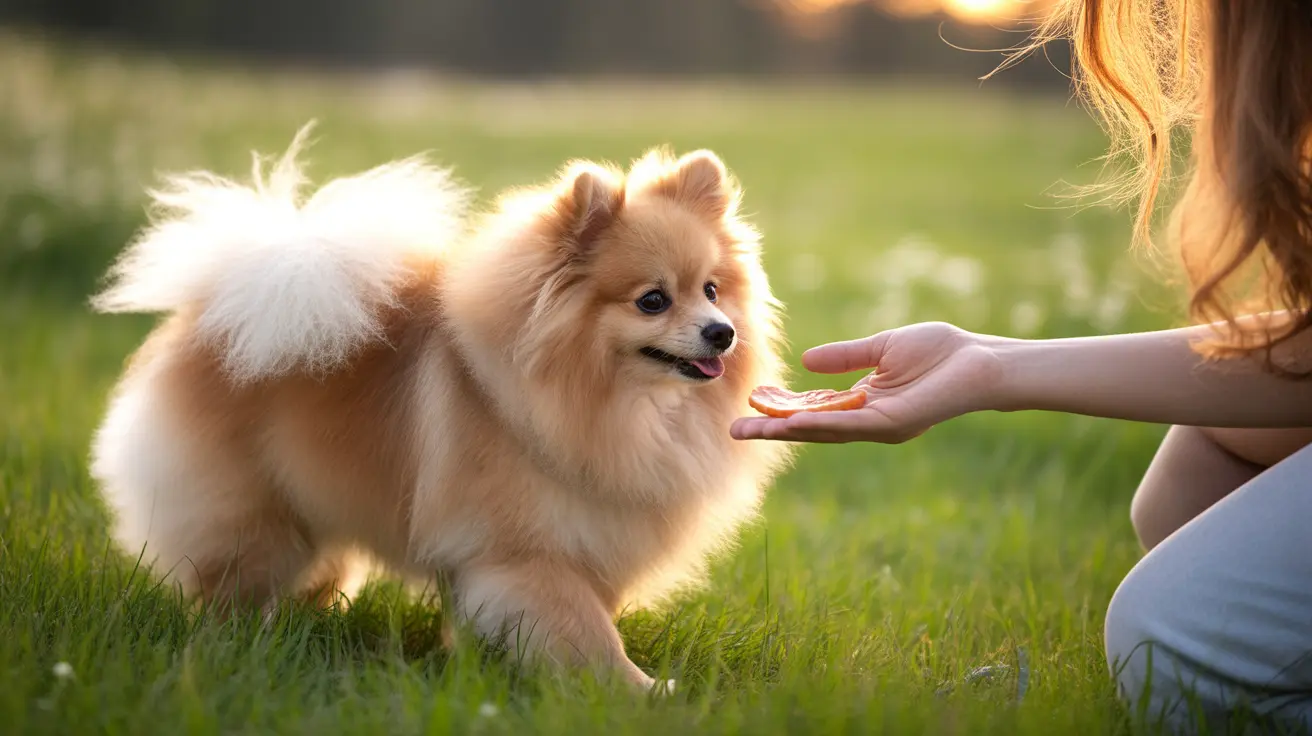If your dog runs away from you when you approach, it can be both frustrating and heartbreaking. This behavior often signals underlying issues that need addressing, from fear and anxiety to past trauma or instinctual responses. Understanding why your dog exhibits this behavior is the first step toward rebuilding trust and creating a stronger bond with your furry friend.
In this comprehensive guide, we'll explore the various reasons behind this concerning behavior and provide practical solutions to help transform your dog's flight response into a warm greeting.
Understanding Why Dogs Run Away During Approach
Dogs may run away from their owners for several complex reasons, most of which stem from emotional or psychological factors rather than a lack of affection. Fear is often the primary driver, especially in dogs who have experienced trauma or negative interactions with humans in the past.
Your approach style might inadvertently contribute to this behavior. Common mistakes include:
- Approaching too quickly or directly
- Leaning over the dog
- Making direct eye contact
- Using loud or stern voices
- Making sudden movements
The Impact of Past Experiences and Trauma
Dogs with rescue backgrounds or traumatic histories are particularly susceptible to fleeing when approached. These past experiences create deep-seated emotional responses that require patience and consistent positive reinforcement to overcome.
Even well-meaning attempts to catch or discipline a running dog can reinforce their flight response, creating a cycle of avoidance that becomes increasingly difficult to break.
Building Trust Through Positive Reinforcement
Rebuilding trust with a dog who runs away requires a methodical approach focused on positive associations. Start by:
- Using high-value treats to reward calm behavior
- Approaching from the side rather than head-on
- Maintaining a relaxed, non-threatening posture
- Speaking in soft, encouraging tones
- Letting your dog set the pace for interaction
Creating a Secure Environment
Environmental factors play a crucial role in managing flight behavior. Ensure your dog feels safe by:
- Establishing consistent daily routines
- Providing adequate exercise and mental stimulation
- Creating safe spaces where your dog can retreat
- Managing potential triggers like doorbells or sudden noises
- Securing your yard with appropriate fencing
Professional Training and Support
Sometimes, professional help is necessary to address deep-seated flight responses. A certified dog trainer or animal behaviorist can:
- Assess your dog's specific triggers
- Develop a customized training plan
- Teach proper approach and handling techniques
- Guide you through counter-conditioning exercises
- Monitor progress and adjust strategies as needed
Frequently Asked Questions
Why does my dog run away from me when I approach them?
Dogs typically run away due to fear, anxiety, past trauma, or feeling threatened by approach styles. This behavior can also stem from learned responses to previous negative experiences or natural instincts.
How can I prevent my dog from running away due to fear or anxiety when I approach?
Use positive reinforcement techniques, approach from the side, avoid direct eye contact, and create positive associations with your presence using treats and calm behavior. Consistency and patience are key.
What are the most effective training methods to stop my dog from running away when called?
Focus on positive reinforcement training, use high-value treats, practice recall in controlled environments, and never punish your dog when they finally come to you. Gradually increase distractions as their reliability improves.
How can I identify and address underlying causes if my dog runs away from me?
Observe patterns in their behavior, note specific triggers, consider their history, and consult with a professional behaviorist for a thorough assessment of underlying causes.
What are some strategies to reduce my dog's instinct to chase or run away when they see wildlife or other distractions?
Implement impulse control training, provide appropriate outlets for prey drive through games and toys, use proper containment methods, and maintain consistent training in gradually more challenging environments.
Remember, changing this behavior takes time and patience. With consistent positive reinforcement and understanding of your dog's specific needs, you can help them develop confidence and trust in your approach.






